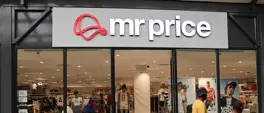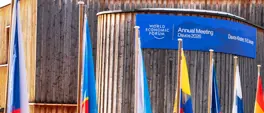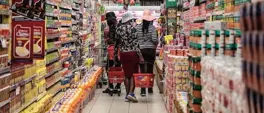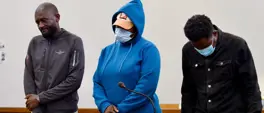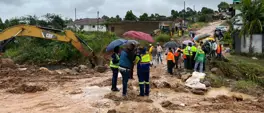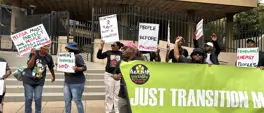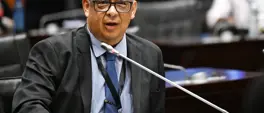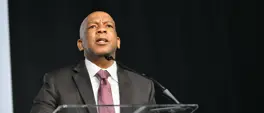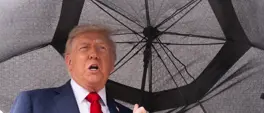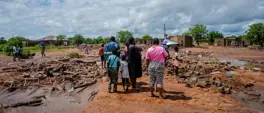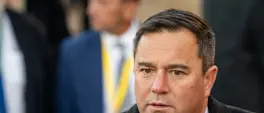JAMIL F. KHAN | Rethinking social literacy in post-apartheid South Africa
Jamil F. Khan
19 August 2025 | 10:27To be literate in this way, is for us to truly confront the estrangement that still makes co-existence amongst South Africans a difficult task, writes Jamil F. Khan.
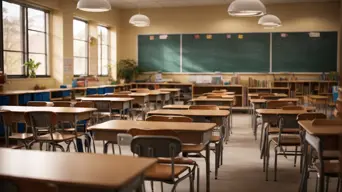
Picture: Pixabay.com
Education has always been a political space in South Africa. The battle for custody of knowledge has, in many ways, shaped the society we live in today.
Within this battle, ways of knowing and unknowing, remembering and forgetting, are equally valuable commodities. Related to knowing is the practice of literacy, by which many countries measure their social development.
This literacy refers to our ability to read and count words and numbers. Literacy in post-1994 South Africa has been a contested space, with our Department of Basic Education having restructured and redefined the education system a number of times.
The definitions of milestones and passing requirements have also evolved, the enduring impact of one being the introduction of a 30% pass mark implemented under former Minister of Basic Education, Angie Motshekga.
This decision has had an enduring impact, having made its way into social discourse as a signifier of the decline of education in South Africa. Though I would agree that it is a very low bar, this regulation has interacted with the social landscape in an interesting way.
It has become a racialised accusation of incompetence and stupidity that is said to be a part of the mediocrity that comes from Black governance.
This idea also interacts with the disdain expressed towards Black Economic Empowerment as an aid to Black mediocrity and corruption.
Though the mechanics of the pass mark requirement (which is much more complex) are completely misunderstood, ignoring that a report card with a 30% aggregate will not get someone into university, the narrative that all education is inferior makes education a form of corruption itself.
Though our literacy rates have shocked us when announced, there is an arena where we are consistently failing: social literacy. South Africans are deeply estranged from each other, with very few tools to read our society the way we would read books.
The destruction of a shared social literacy might be one of the biggest prices we paid through colonisation and apartheid. While we might want to focus on seemingly more important things like the economy, we must realise that the social, which is the practice of being human, affects everything else, for as long as humans run those systems. To co-operate in efforts to truly "fix" our country, we must get to know each other better.
The motto on our coat of arms says "!KE E:/XARRA //KE" which translates into "diverse people unite" in the indigenous |Xam language. While, of course, profound and beautiful as a sentiment, not least for being expressed in one of our oldest indigenous languages, it is not easy to achieve.
The diversity we have comes with deeply painful histories, and in many ways, it was foisted on us with violence. What we hope to celebrate is how we have survived, despite it.
To acknowledge these complications when we engage with our diversity, requires a critical diversity literacy (CDL). A framework developed by Wits Professor Emeritus Melissa Steyn, CDL suggests a way for us to read our society better and so become more literate in our engagement with diversity.
In order to be critically diversity literate, there are ten criteria that we must commit to.
The first is that we must understand that our differences are constructed by unequal power, and they affect us differently and have different meanings attached to them.
The second is that we must be willing to recognise that categories, such as race, gender, sexuality, class, ability, with which we name each other, are not just names; they are attached to different levels of privilege and oppression and that they determine our life experiences in various ways.
Criterion three demands that we learn ways of analysing privilege and oppression while acknowledging that they are dynamic systems that work together to have cumulative effects on people’s lives.
Fourth, we must also understand that oppressive systems are not only a part of historical legacies, but they still operate today, right now. Fifth, we are a product of our social experiences and environments. This understanding hopes to steer us away from the totalising discourses that produce stereotypes.
Number six asks us to focus on the languages we use to voice our relationships to each other’s differences. This does not only, but can, refer to the modification of our diverse group of South African languages, but also learning a vocabulary to speak about and describe privilege and oppression, in any language.
Language must evolve to help us meet each other in our interactions.
The seventh criterion requires that we, through the use of our newly acquired vocabularies, learn to see through the ways that power has normalised oppression and sanitised privilege, as a natural state of the world. This requires a rejection of the explanations that maintain the status quo.
Number eight reminds us that different locations in the world have produced different hierarchies of inequality, and therefore, we cannot apply the same analysis to each location.
Here, a historical analysis becomes important again. It also reminds us that people’s shared experiences of oppression and privilege across contexts show us that it is not coincidental, but the outcome of coordinated systems of unequal power.
The second last criterion, nine, requires an engagement with our emotions. Not only in the sense of expressing our emotions, but also understanding how our emotions towards people who are different to us, shape our actions and reactions towards those people.
Being critically diversity literate is as much about feeling as it is about thinking our way to a better place. That better place is envisioned with the tenth and final criterion of CDL, which requires us, while having hopefully internalised the previous criteria, to channel it into our efforts to transform every level of our society into spaces of deepened social justice.
The importance of our social literacy and our ability to see ourselves and the divisions that separate us lies in the price of an ever more fractured social contract, that we cannot afford to pay.
This is a test we cannot fail because the success of our country relies deeply on our ability to co-exist equitably. To be literate in this way is for us to truly confront the estrangement that still makes co-existence amongst South Africans a difficult task.
Jamil F. Khan is an award-winning author, doctoral critical diversity scholar, and research fellow at the Johannesburg Institute for Advanced Study.
Get the whole picture 💡
Take a look at the topic timeline for all related articles.
